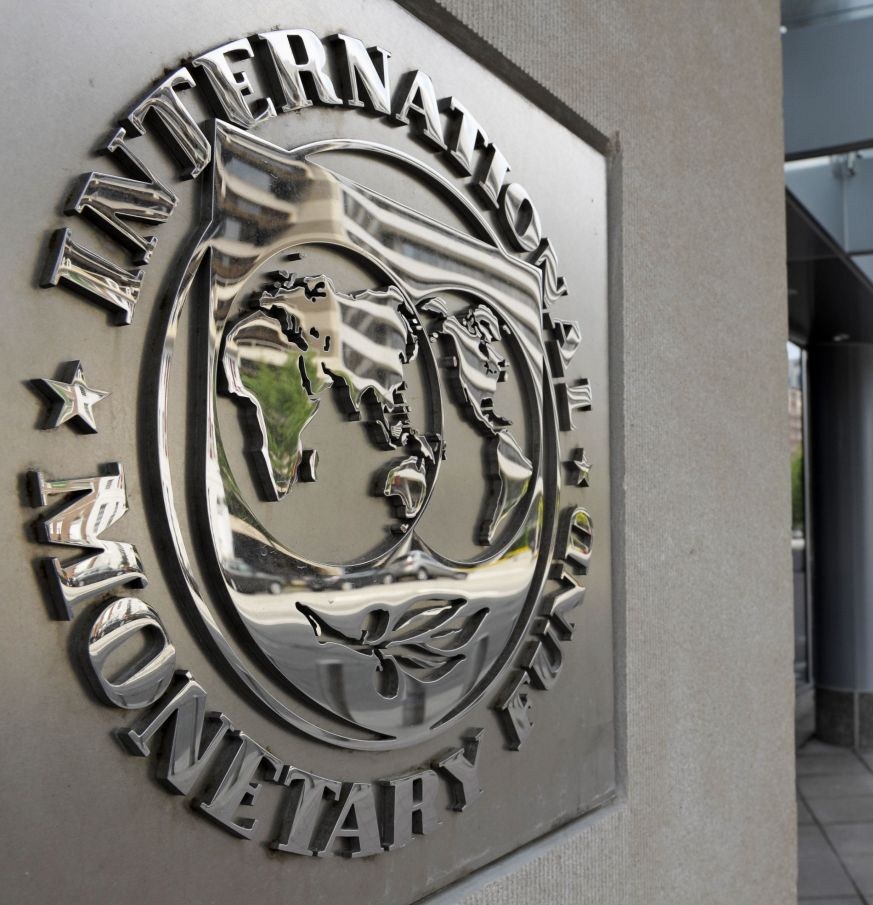Guyana and 188 other nations stand to benefit from the International Monetary Fund’s (IMF) recently improved transparency tool which is referred to as the Fiscal Transparency Code.
The code serves to ensure the disclosure of information about public finances but was overhauled to include a new pillar covering natural resource revenue transparency. The Guyana Standard understands that the Natural Resource Governance Institute (NRGI) worked with the IMF to make the overall and its new pillar more robust.
NRGI noted that it provided three substantial written submissions, participated in a civil society forum to discuss recommendations, and engaged IMF officials directly. While there remains some room for improvement in the code, the institute said that its recently published final text reflects many of its recommendations.
The new code stresses the importance of open contracting procedures for licence allocation and it calls for the identification of beneficial owners of companies holding licences. The code describes the need for reporting on extraction at the project level based on “an established international norm.” Further to this, it recognises the importance of transparency in commodity trading and that disclosing payments by traders is well within reach of countries and companies.
The new code also calls for the publication of environmental and social impact assessments (ESIAs) and accompanying management plans and reports while reinforcing the need for adherence to existing standards and requirements around state-owned natural resource companies from other key actors like the Extractive Industries Transparency Initiative (EITI).
NRGI noted that the new code is a win for transparency and will serve as an important tool for the IMF to help countries spot weaknesses in their resource revenue management.









